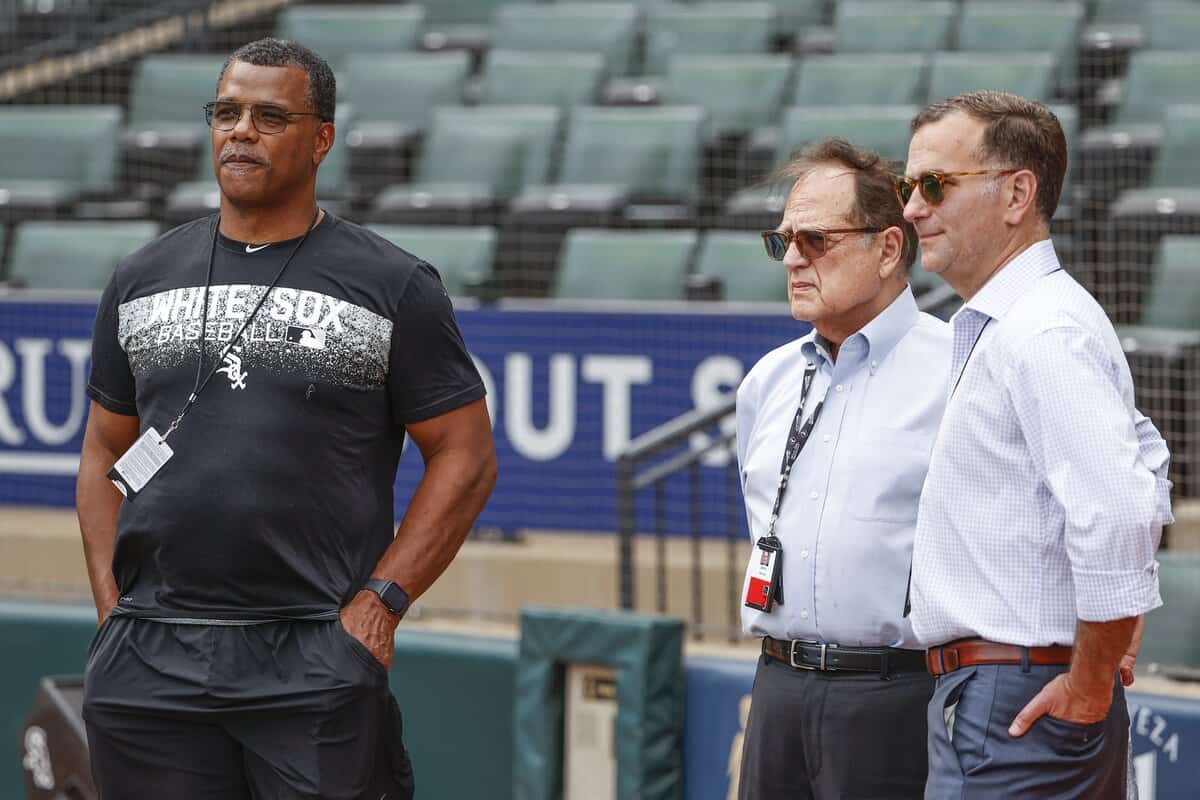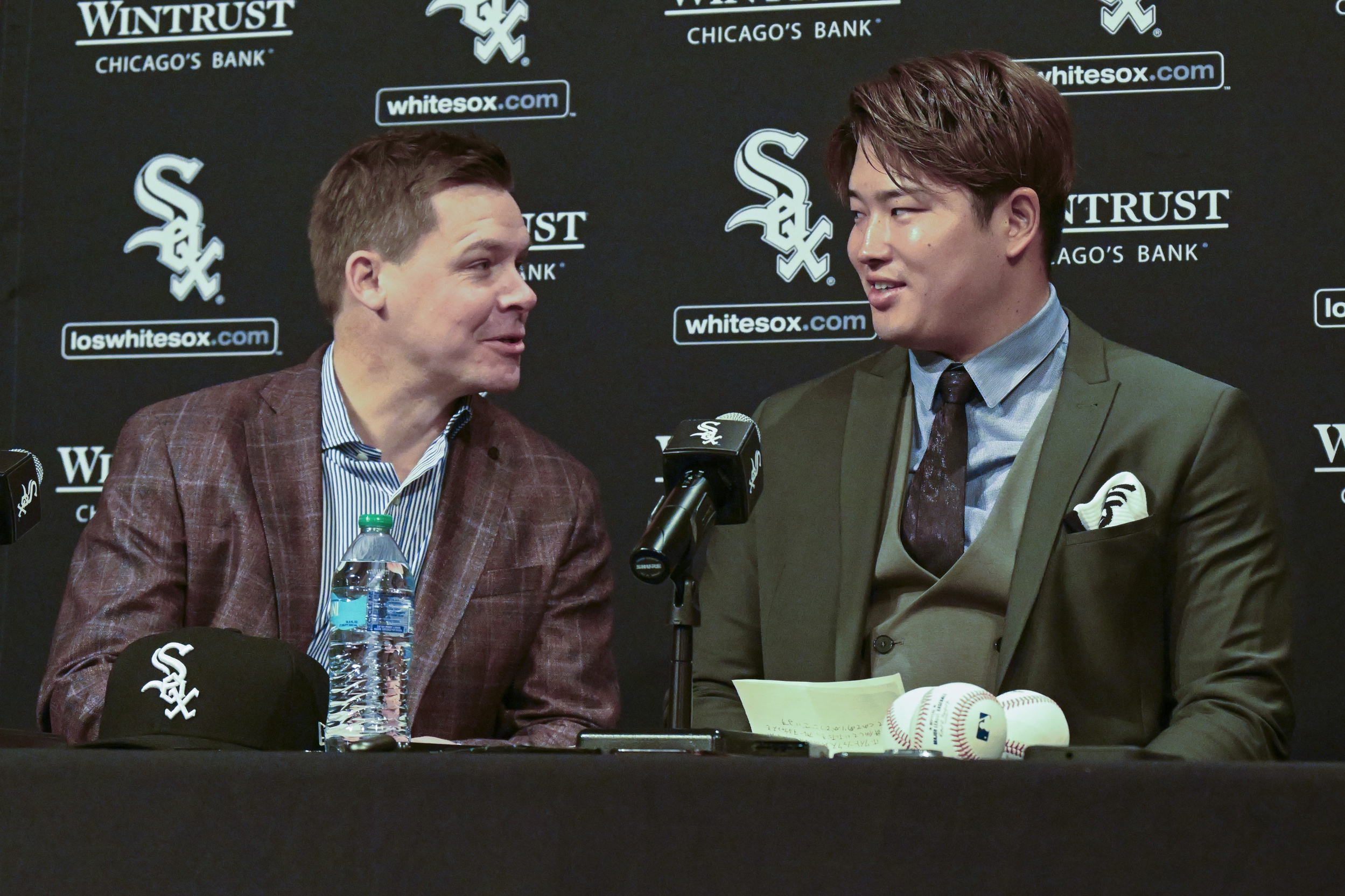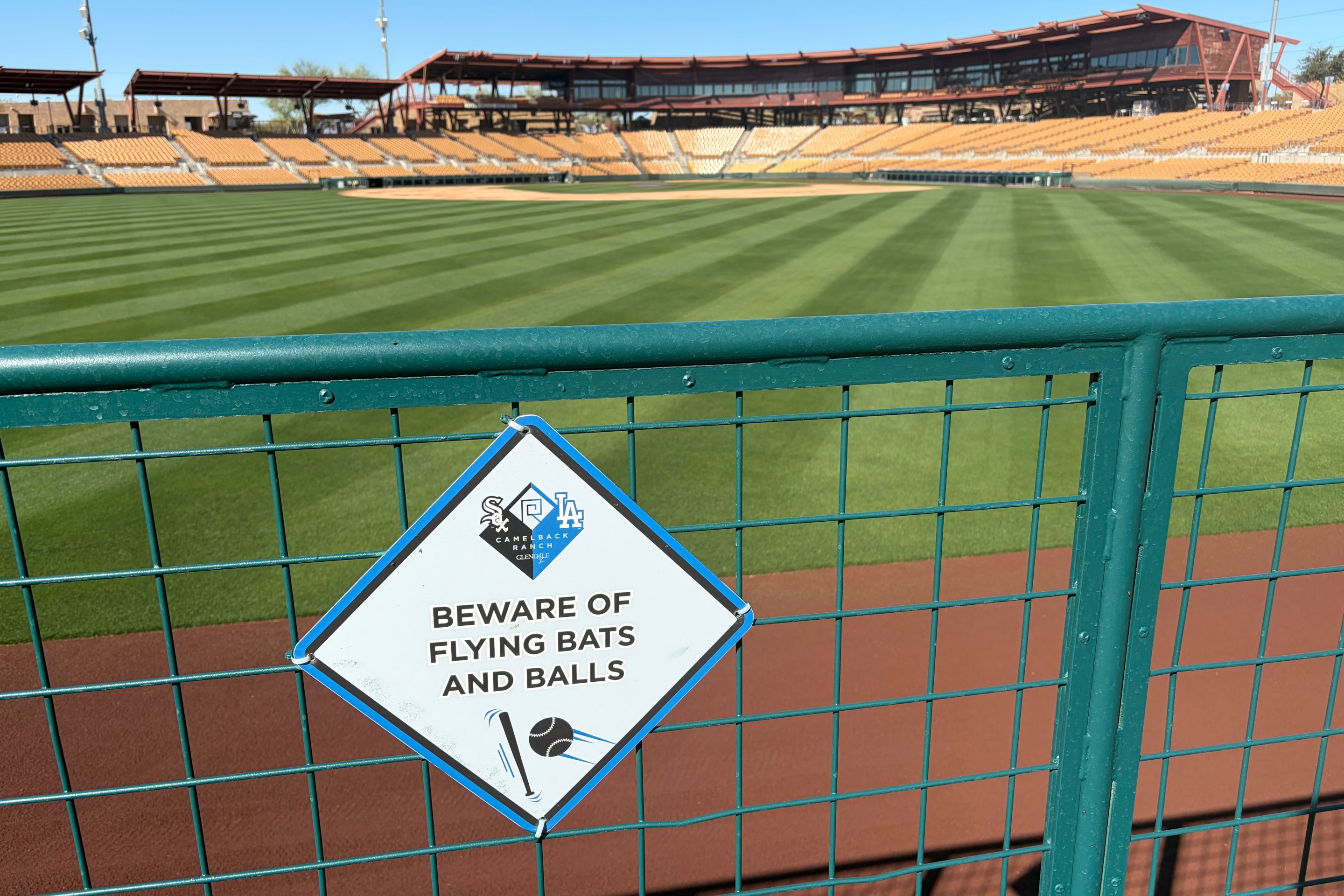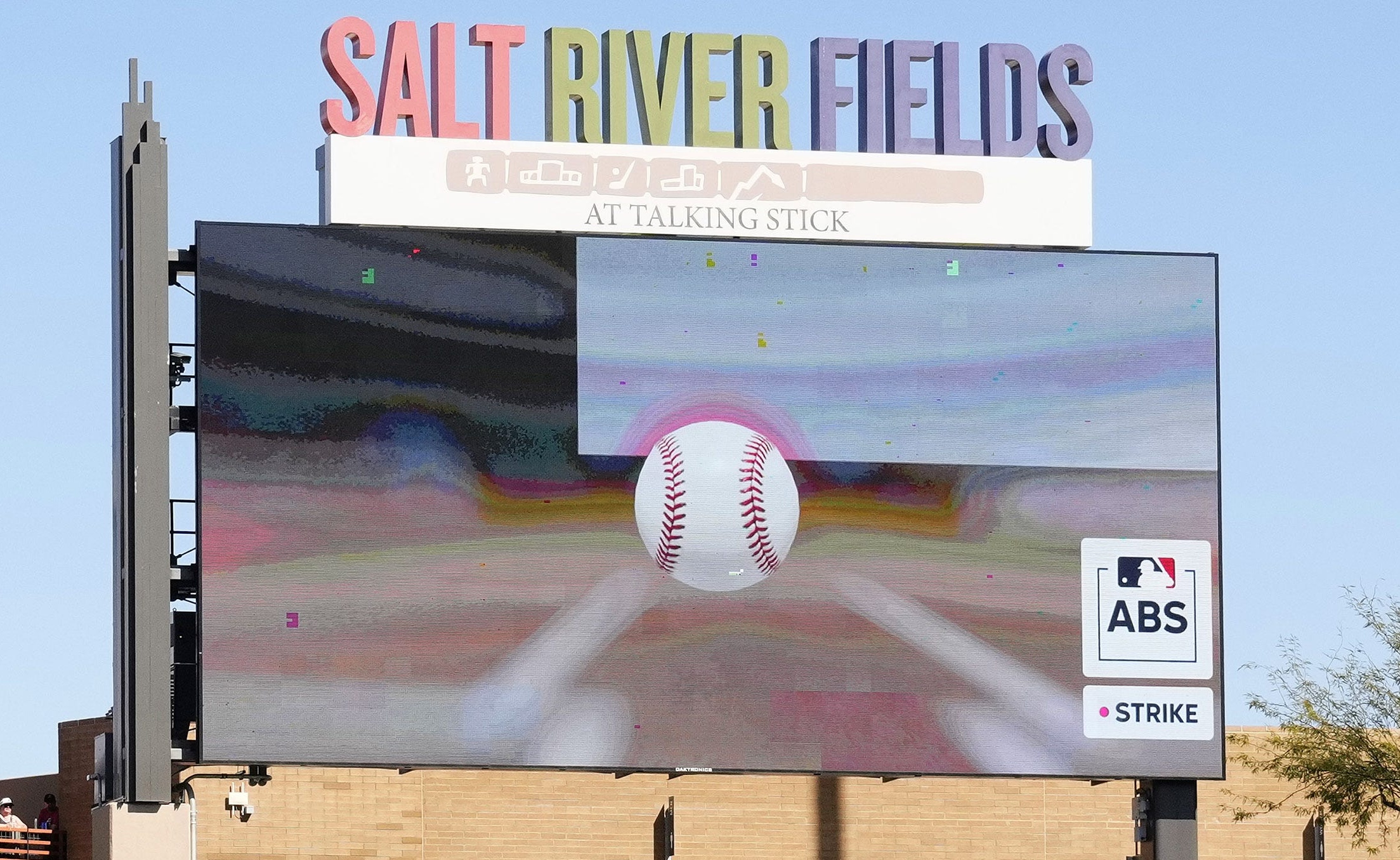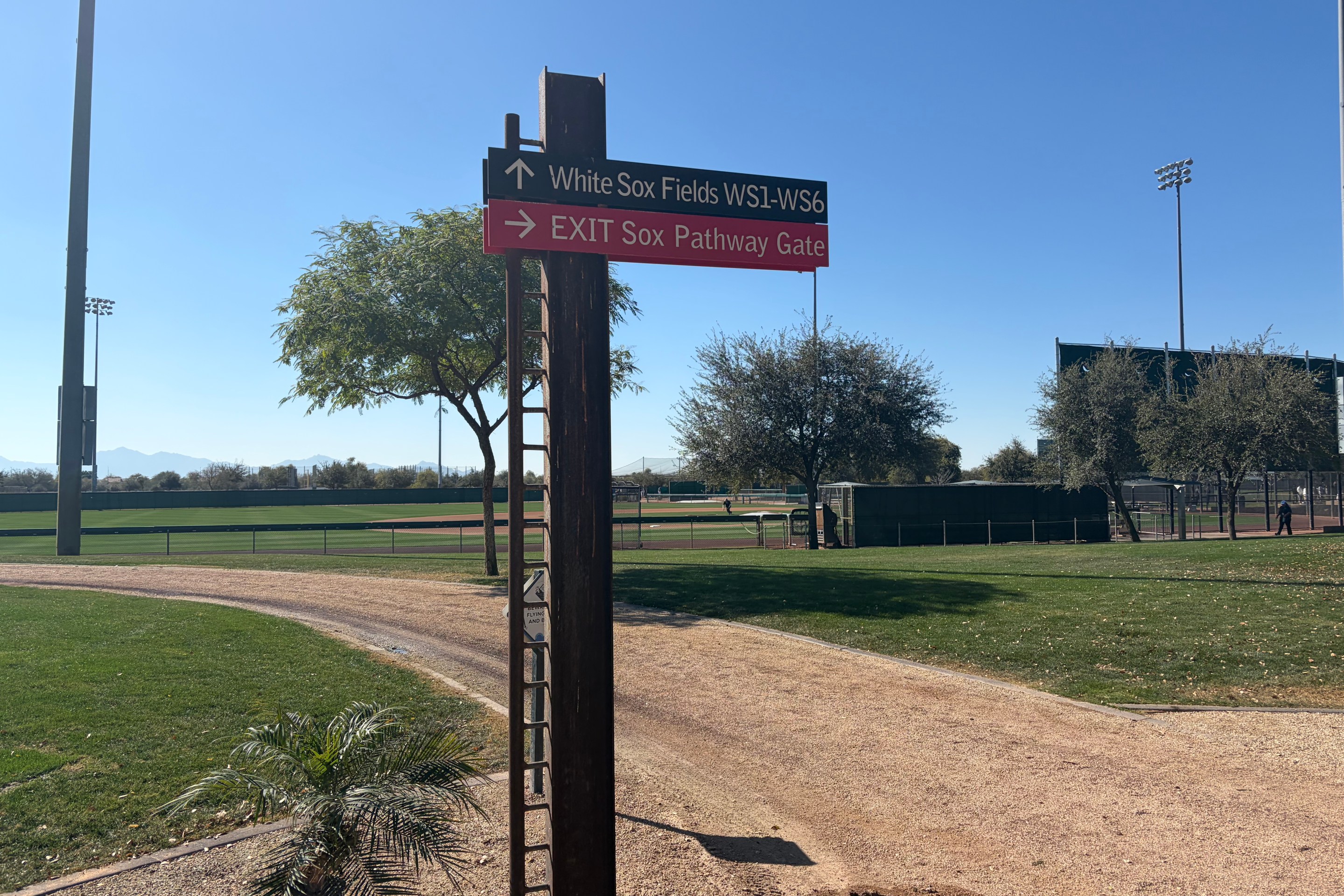The Detroit Tigers ultimately fired Al Avila last August due to a stalled rebuild, but the timing followed a strangely dormant deadline period. The Tigers had all sorts of relief prospects to deal, but they ended up only trading Robbie Grossman to the Braves and Michael Fulmer to the Twins. Both were impending free agents, and both yielded non-prospect returns.
Avila probably couldn't save his job with a more active deadline, but a passive one summed up his tenure a little too neatly, according to Bless You Boys ...
As Avila’s final act as general manager, the deadline silence was an uncomfortably fitting end to his seven years running the Detroit Tigers. While teams around the league looked to get better now or for the future, the Tigers just flipped two players headed for free agency anyway for minimal return and called it good. The message has been pretty clear for a half-decade now, and it was reiterated in Avila’s comments. He rarely made trades unless he had to, and when pressed claimed there were no deals available that would really improve the team. Hence the problem.
... and The Athletic's Cody Stavenhagen:
It’s not so much that the road to this particular trade deadline was paved with mistakes. If the Tigers did not get quality offers for pitchers such as Tarik Skubal, Gregory Soto, Joe Jiménez or Andrew Chafin, then they would have been foolish to settle just for the appearance of making a deal.
But this year’s deadline does seem like one more symptom of a disease Tigers fans know all too well. The Tigers and their current front office have failed to display creativity in navigating the market, executing trades and ultimately constructing a roster.
I've been thinking about the Detroit Paradox as the White Sox navigate this crucial deadline period. Given that Rick Hahn and Kenny Williams have officially botched two rebuilds now, there's no reason to hang hopes on their ability to execute a third. At the same time, one should want them to make the best of a bad situation. The hope is that they'd leave a better mess for a new administration to clean up. The fear is that they'd justify their existence to Jerry Reinsdorf, because he doesn't appear to have any standards.
My first impression is that Edgar Quero and Ky Bush comprise a pretty good return for Lucas Giolito and Reynaldo López, because if these trades were done individually, Quero would be a good return for Giolito, and Bush would be a good return for López. This doesn't look like spinning the peak of Tommy Kahnle's value for a package headlined by Blake Rutherford because the cash owed to David Robertson and Todd Frazier watered down the equation.
But it's overshadowed by the fact that the White Sox had to trade Giolito at all.
Hahn said "there's an element of real deep disappointment" that such a move was necessary. I'd only quibble with the word "element," because "deep disappointment" sums up Hahn's tenure as GM, and there's no way out of it anytime soon. This is Hahn's 11th season as GM of the White Sox, and he only has one winning 162-game season to show for it. We know from 2013 and 2016-17 that Hahn is decent at selling off good players for encouraging returns, so turning Giolito and López into two prospects worth following means little. The problem is everything that comes after. Hahn has some good ideas in his first draft, but revisions remain an elusive concept.
It's unfair to saddle guys like Quero and Bush with the baggage from the previous rebuilds, but it's also unfair to White Sox fans to suspend their cynicism when their track record says to suppress all optimism. There's really only one way out of this, and one shouldn't believe Reinsdorf is willing to take it until a month after it happens.
